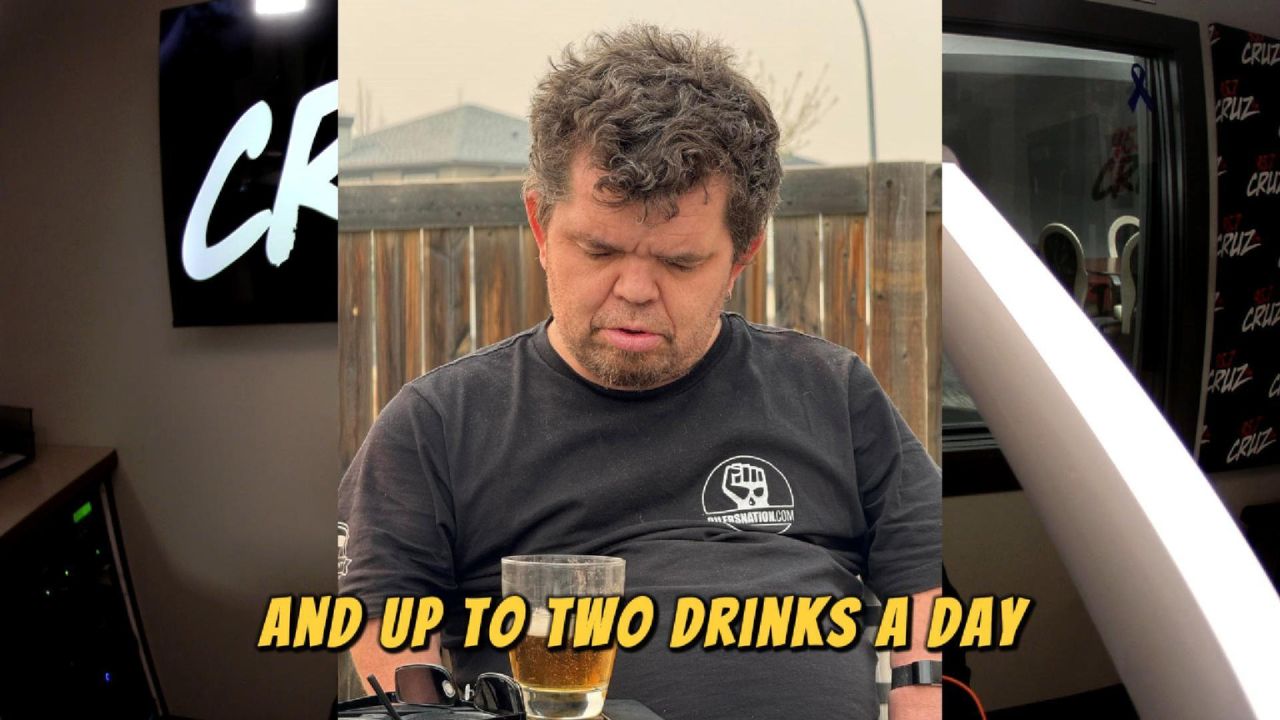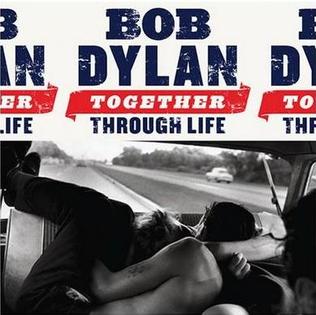Story by Logan Clow
David Bouchier credits his decision-making, as well as the swift actions of healthcare staff at the William J. Cadzow – Lac La Biche Healthcare Centre, for saving his life this past summer.
Over the Canada Day long weekend, the Fort McMurray resident found himself camping with family and friends. On July 2, shortly after finishing an early morning ATV ride and some breakfast, Bouchier began to feel unwell.
“I just started feeling off. I really didn’t know what was happening at the time, but I was soaking wet in sweat, and I started feeling a light pain in my chest,” he says. “I thought it was just heartburn from eating breakfast and that I just needed to take some Tums.”
Bouchier decided to go to his RV to lay down, thinking the pain would subside after some rest. Instead, the pain only intensified — and he began to sweat even more profusely.
“My wife said, ‘you have to go to the hospital.’ I didn’t hesitate and say ‘no, I’ll be OK. The pain will eventually go away.’ Looking back, thank goodness I made the decision to go to the hospital,” he adds.
Bouchier was driven to the healthcare centre and, under his own strength, entered the Emergency Department.
Shyanne Gauthier, a Registered Nurse at the hospital, was charge nurse and triage nurse in the ED on July 2.
“I remember the patient walking into the ED. He was soaking wet and clutching his chest. He was so wet I asked him if it had been raining outside. When he told me he had been sweating over the last hour, I knew immediately this wasn’t good,” says Gauthier, noting that chest pain and profuse sweating are “textbook signs of a heart attack.”
“My triage with him was done within a few seconds, and he went straight to the cardiac bed in the ED for further assessment and immediate intervention.”
In the cardiac room while being further assessed, and before his blood pressure had been taken, Gauthier says the cardiac monitor indicated Bouchier had a blockage of his coronary artery — otherwise known as a STEMI (ST-segment elevation myocardial infarction). This can be one of the most serious types of heart attack.
“I immediately called out for additional help. At the time, we only had one other RN (Nicole Yackimec) and a physician (Dr. Laurette Laubscher) available in the ED. We started medications and IVs. I did an ECG right away — and it further affirmed it was a STEMI,” says Gauthier.
A short time after Bouchier was stabilized, and about an hour after his arrival, he went into cardiac arrest. A Code Blue — the designated phrase in a hospital environment to alert staff to an individual experiencing cardiac arrest — was called.
Gauthier, Yackimec and Dr. Laubscher started chest compressions, used a defibrillator twice and gave Bouchier epinephrine. An additional three acute-care nurses arrived a few minutes later to provide additional support with chest compressions and patient charting.
It took about 15 minutes to revive Bouchier. Forty-five minutes after being revived and re-stabilized, he was able to speak with healthcare staff.
“It was amazing how they treated me and responded to my heart attack. If it wasn’t for them and their quick response, I wouldn’t be here today,” says Bouchier.
Later in the day, EMS transported Bouchier to Edmonton’s Royal Alexandra Hospital’s Cardiac Intensive Care Unit, which specializes in caring for patients who’ve suffered a heart attack. Doctors inserted a stent — a tiny wire-mesh tube to keep his artery open — to increase blood flow, before discharging him three days later.
“I always ask myself what I did wrong? Why did I have a heart attack? Why did I have an arterial blockage? I exercise every day, I’m healthy and I’m not overweight. It can certainly be tough mentally to think about that, but I try to stay positive,” says Bouchier.
“I’m glad I didn’t second-guess needing to go to the hospital. I knew there was something seriously wrong. Not only am I alive today because of that decision, but also because of the healthcare workers in Lac La Biche who helped me and saved my life. I’ll be forever grateful to them for the excellent care they provided me.”
Bouchier had his second and final stent put in on Aug. 11. He continues to work to regain his strength through rehabilitation and walking four to five km every day.








